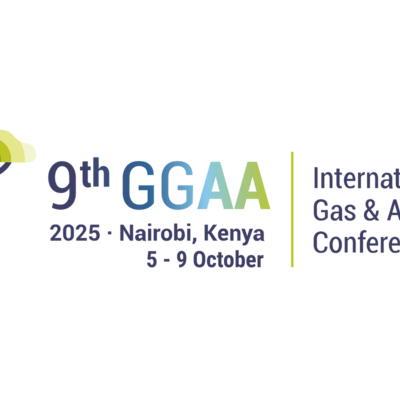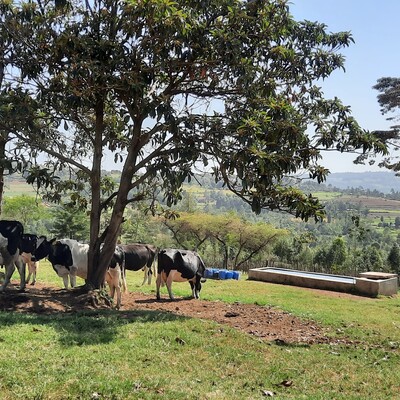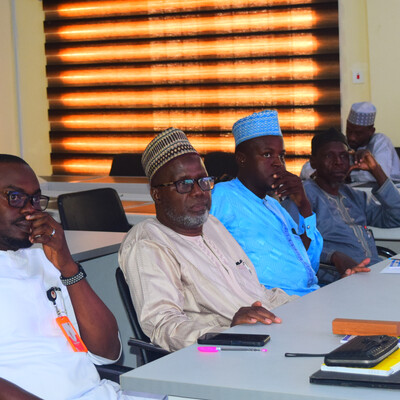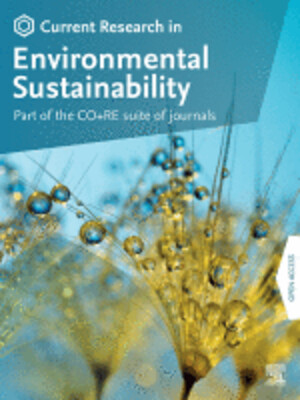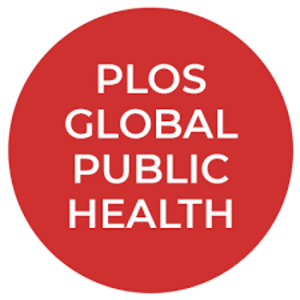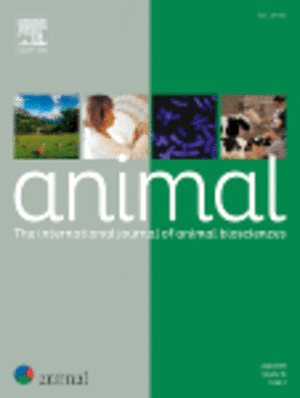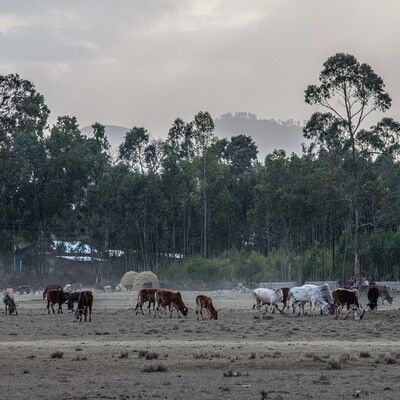
Gender and climate-risk consideration for research on crop-livestock systems in Africa
While several studies have been conducted on gender issues and food security in various African countries, little has been done on the food security and gender impacts of climate change. Moreover these studies are currently fragmented. Joint and collaborative action is required to develop effective policies and strategic actions to achieve sustainable food security in the face of climate change. There is a need to understand the current status of climate change and gender research in Africa to determine the future direction for strategic research in the region. Addressing gender issues effectively in agricultural research is critical to improving productivity and reducing poverty in Africa. Despite the recognised importance of gender considerations to the success of research and development initiatives, there remains a need for effective planning, implementing and monitoring frameworks and capacity development in gender analysis. Developing such a framework and applying it in research will provide an opportunity to improve gender equity in agricultural intensification and to meet the converging challenges of climate change, environmental degradation, rising input prices etc.
In recent years, there have been increasing concerns about climate change and its impacts on food security and on human lives. While much of the earlier discussions on climate change centred on scientific and technical aspects such as greenhouse gas emissions, ozone depletion and environmental impacts of global warming, attention is now increasingly encompassing the economic and social aspects of climate change. Women and the poor are likely to be most affected by climate change. The constraints they face in crop-livestock systems are not being adequately addressed in research programs due to the lack of a systematic approach and low capacities to integrate gender in a meaningful way.
Studies on the role of gender in climate change adaptation show climate change affects women and men in different ways. Hence gender perspectives on climate change (i.e. mitigation, adaptation, policy development, decision making) need consideration. Women are powerful agents of change and their leadership is critical. They have a significant role in dealing with issues such as energy consumption, deforestation, burning of vegetation, population growth, economic growth, developing scientific research and technologies, and policy making, amongst others.
Project objectives
The aim of this study is to consolidate and advance current thinking about issues associated with gender and climate change in Africa, and to lay the foundation for research on the development of gender-sensitive regional and local innovation systems in African cropping and livestock systems. Underpinning objectives are as follows:
- To synthesize experience from selected countries in east, southern and western Africa on gender issues related to crop and livestock intensification, and to identify intervention points for more effectively integrating gender considerations into crop-livestock research in the context of climate risk.
- To develop a framework for better integration of gender considerations in crop-livestock research in the region, including identification of key priority areas for gender research.
- Develop a plan for further action to integrate gender and climate risk considerations into crop-livestock research and development at national and regional levels for improved food security.
The project will be carried out in 9 countries namely, Kenya, Malawi, Mozambique, Tanzania, Ethiopia, Ghana, Mali, Niger, Burkino Faso.





